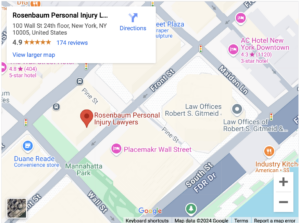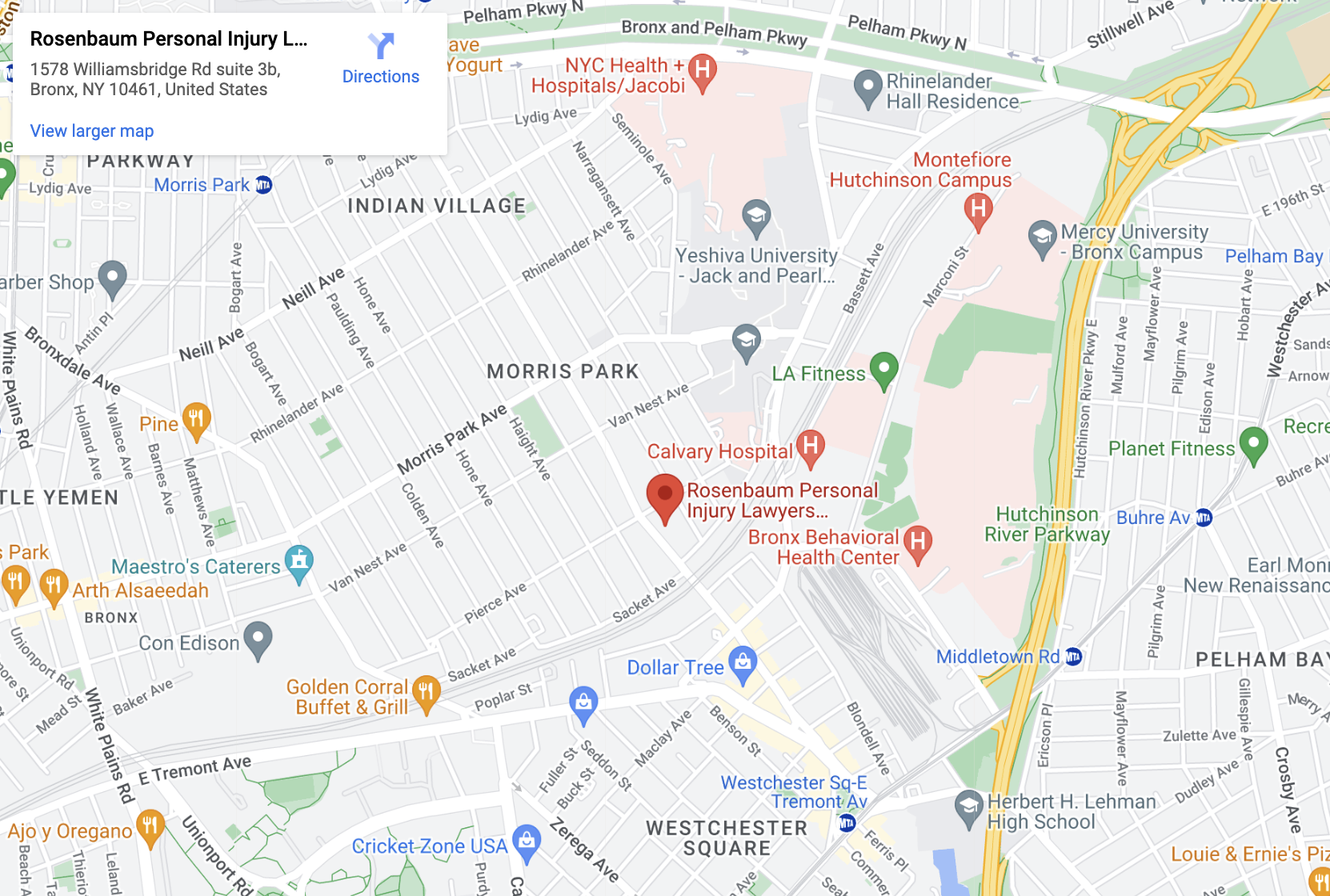Automakers Recalled 17.8 Million Products In 2012
The National Highway Traffic Safety Administration is the federal agency charged with administering various federal programs aimed at reducing motor vehicle accidents on the nation’s roads. As part of that effort, the NHTSA holds manufacturers accountable for issuing safety recalls when their products do not meet federal safety standards. In January 2013, the NHTSA released data about the number of vehicle safety recalls in 2012.
Safety recall data
According to NHTSA data, 650 manufacturers issued recalls of vehicles, vehicle equipment, tires and child seats during 2012. The recalls affected 17.8 million products. Of those recalls, 586 were for vehicles, affecting about 16.2 million automobiles. The NHTSA had a direct influence on the recalls affecting 9 million vehicles and 60,000 child safety seats, tires and pieces of vehicle equipment.
Consumer complaints drive recalls
Many vehicle recalls are initiated as a result of consumer complaints. The NHTSA’s Office of Defects Investigation and Office of Vehicle Safety Compliance field consumer complaints, as well as monitor early warning reporting data, technical service bulletins, auto websites, trade publications and popular magazines for information about vehicles and equipment that may pose threats to consumers’ safety.
The NHTSA received 41,912 complaints in 2012, down from 49,417 in 2011 and 65,765 in 2010. The investigations stemming from these complaints have led to more than 430 product recalls affecting over 22 million vehicles and pieces of vehicle equipment from 2010 through 2012.
Liability for product safety
Businesses that make consumer goods have a responsibility to ensure that the goods are safe. When manufacturers put products into the stream of commerce, they can be held liable for any injuries or losses that result from their goods if there is a product defect. A product may be defective in one of three ways:
- Design defect: A product has a defective design when it poses an unreasonable risk of injury under normal use when it is properly manufactured.
- Manufacturing defect: A manufacturing defect occurs when the design of the product is sound, but a flaw occurs in the manufacturing process to make the product unsafe.
- Failure to warn: Manufacturers can be held responsible when they fail to warn consumers about potential safety hazards products pose that are not immediately obvious.
Speak with a lawyer
When makers of consumer goods make unsafe products, they need to be held accountable. If you have been injured by a defective product, consult a seasoned product liability lawyer who can help you recover an equitable settlement for your injuries.



